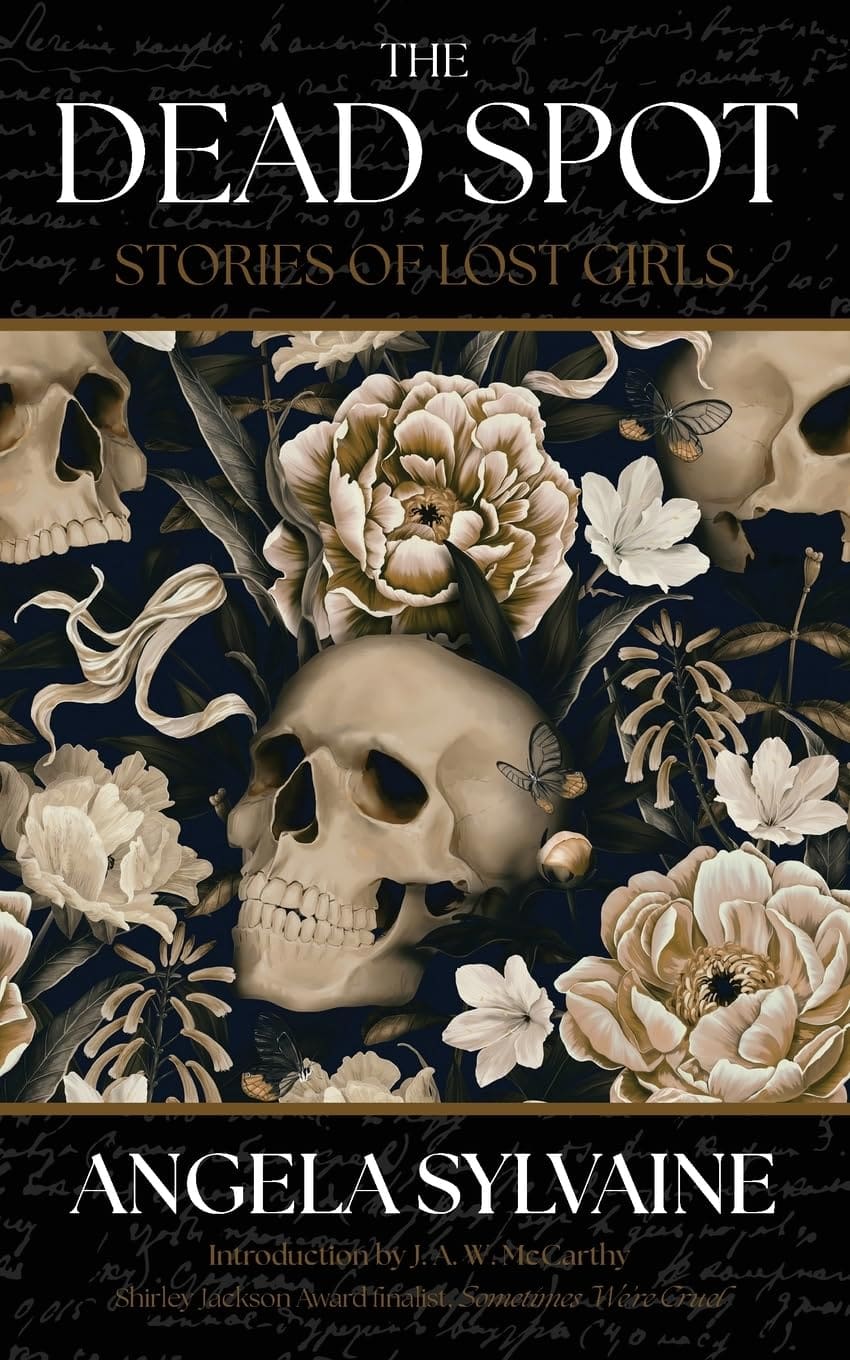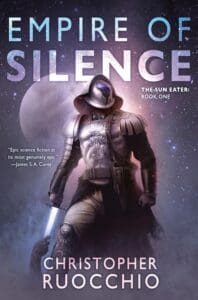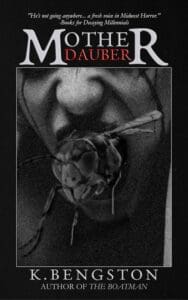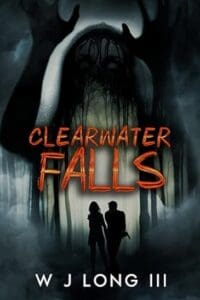
Lost some girls, found some terror
You can buy this collection direct from Dark Matter Ink’s shop here
Synopsis
The Dead Spot: Stories of Lost Girls is the debut short story collection from the author of FROST BITE and CHOPPING SPREE.
The Dead Spot. A corner drenched in shadow. An earthquake’s epicenter. The part of a roller coaster ride where the car rounds the final curve and all force dissipates, leaving those trapped beneath the safety bar feeling sick and hollow.
The Dead Spot is a heart-wrenching collection of seventeen stories where lost girls and women live and die, where they laugh, cry, and disappear from view around that final curve.
Review
Angela Sylvaine impressed last year with her debut novel, the small town creature feature Frost Bite, which gave Gremlins/Tremors vibes, heavy on the action and humour, but twinned this with some brilliant character work. The reputation of prairie dogs has yet to recover.
Now she has brought us her debut story collection, the intriguingly titled Dead Spot: Stories of Lost Girls. These tales, nine of which are reprints, showing that the theme of lost girls has followed her throughout her short story career – give us exactly what was promised, a series of girls (and some women) who, sometimes through some fault of their own and often through none, have indeed lost their way and found themselves in a tough spot and, frequently, a dead one.
The first thing to say is that these are so dark, and so twisted, and so wildly imaginative, that there were several times I let out various weird animal noises of surprise and admiration at just how devilishly macabre we go.
For example in Playing Tricks, a girl faced with the loss of her dad from her home life must contend with the possibility that she has inherited his mental illness while avoiding creepy talking dolls; if you think she’s already having a rough time then boy does Sylvaine have a wild finale for you.
And in the vividly imaginative sci-fi horror short New Hue, where only the rich can afford a colour change to the entire body – “New hue = new you”, Sylvaine laces a cruel streak of hope with one of the most brutal endings I’ve encountered recently. Oh and wait till you meet the ‘zombees’ in the collection’s opener Astronaut Dreams – there is no typo there, I can assure you.
But this isn’t just a collection to shock and horrify, though it definitely is that. Sylvaine has twinned her devilish tone with a keen sense of empathy for the lost girls in question. Whether or not they are the authors of their own downfall or the victim of wild unfairness (the line between the two being artfully blurred in this collection), you feel desperately for them thanks to Sylvaine’s ability to write a wickedly strong voice and twist even the darkest narratives into ones that elicit sympathy for them in a world that is most definitely not, ever, their friend.
In perhaps my favourite tale Return of the Wilderness Girls, a bunch of missing girls return to their hometown and families, changed somehow, and whether they are the monsters or whether it’s the judgmental society around them who can’t handle them is something Sylvaine skilfully plays with, complete with an ending that tells us firmly where she – and at that point most definitely us too, stands on the issue.
And in the gloriously named Antifreeze and Sweet Peas, a baker hands out much more than delicious pastries to the sleazy male characters who grace her shop; we are left in no doubt as to the blood on our protagonist’s hands from the outset yet are still rooted in sympathy firmly for them by the gut-punching ending.
This contrast of the dark with spider-web strong levels of empathy works wonders in this collection, which constantly slaps you round the face with its denouements for characters you’re rooting for. Or, as Anna Dupre put it in her recent FanFiAddict review, ‘the depths of darkness explored across these stories hold a magnifying glass to the unique female experience.’
What really jumped out to me about so many of these stories is that the POV of each “lost girl” in question is so strong from the get go, yet Sylvaine mostly refrains from announcing whether they are the hero or the villain, meaning that often when you find out their true nature, you are already on their side. This is a wildly effective narrative device that not only makes you question the depths of their villainy but also the very act of judging without understanding: in a world where women are constantly judged to whether they conform to a certain stereotype (the crazy one, the humourless one, the flesh-eating one), what happens when you utilise empathy prior to the judgement? How does this warp (or level) the narrative? How would society be different if we gave that a go? With such questions does Sylvaine pepper her macabre with relish.
These are deliciously dark and brutal tales twinned with startling empathy for the lost girls in question: it’s a wicked combo that makes Sylvaine a horror insta-buy.








Excellent post. I absolutely love this site.thanks